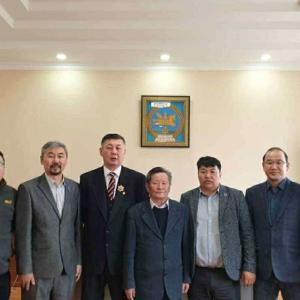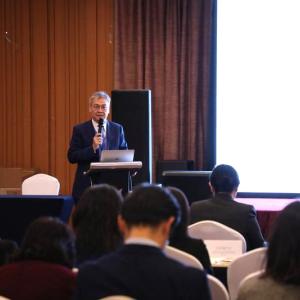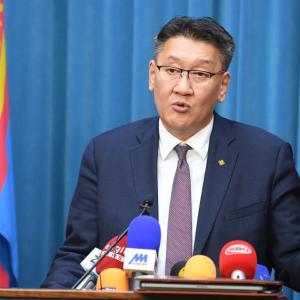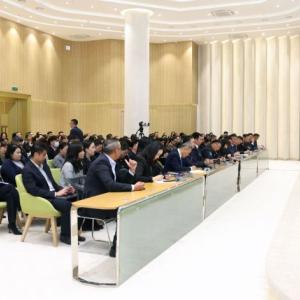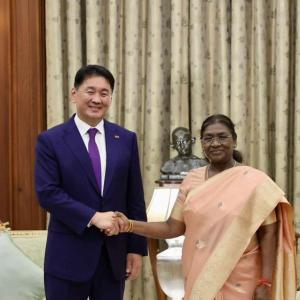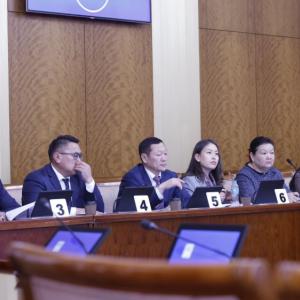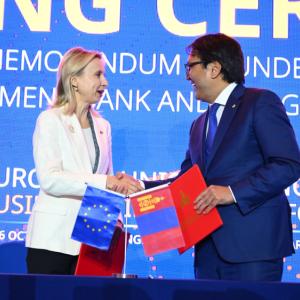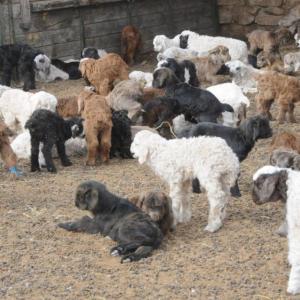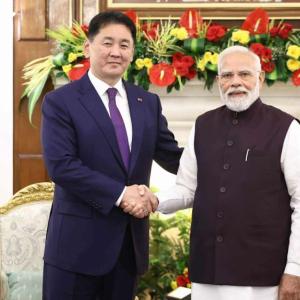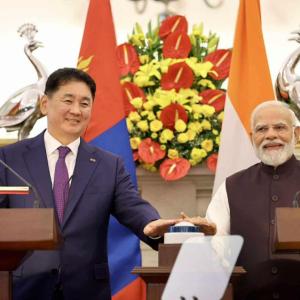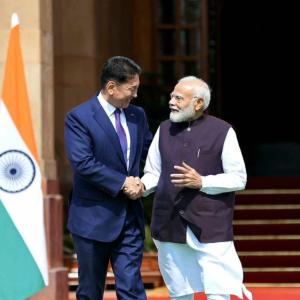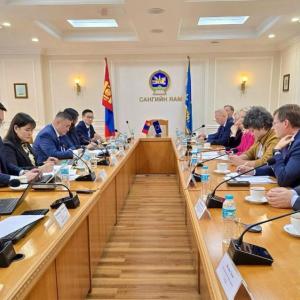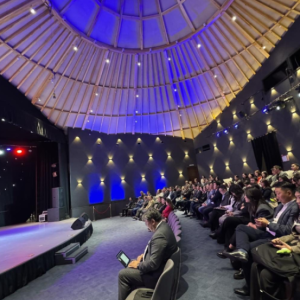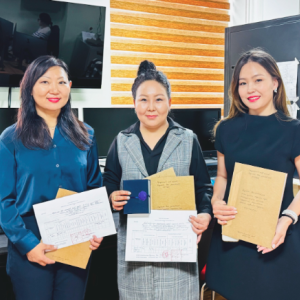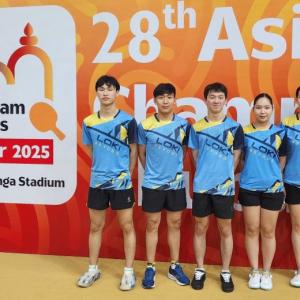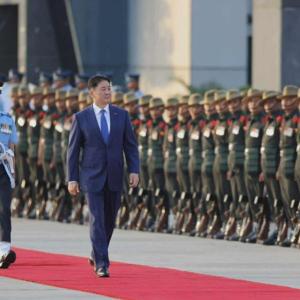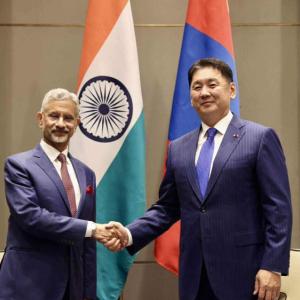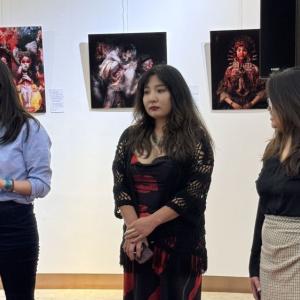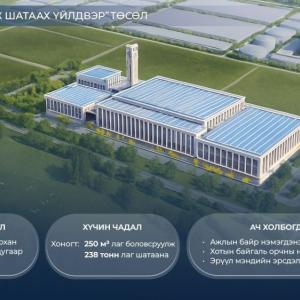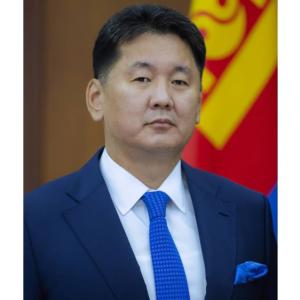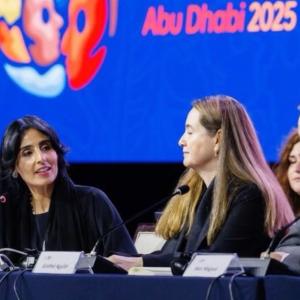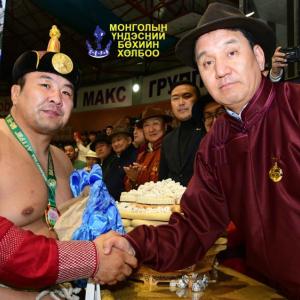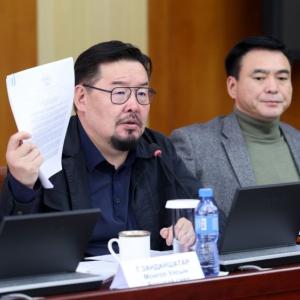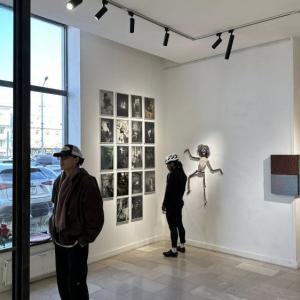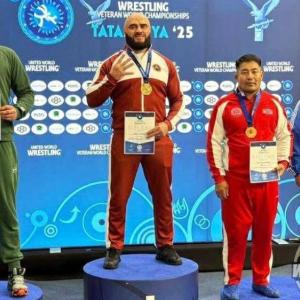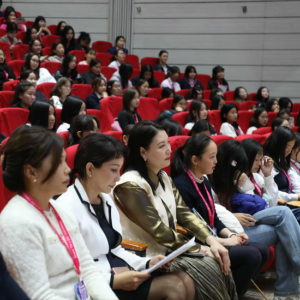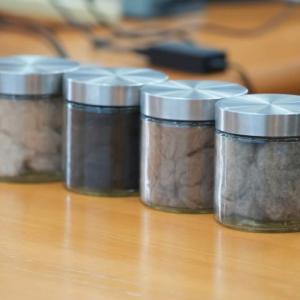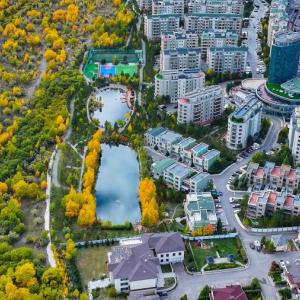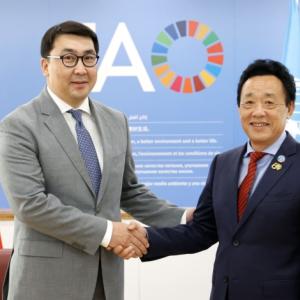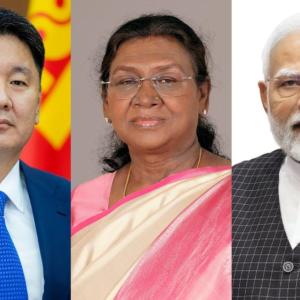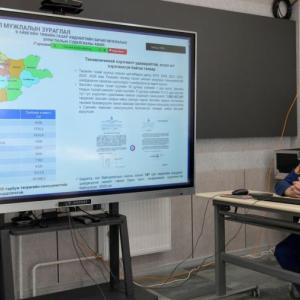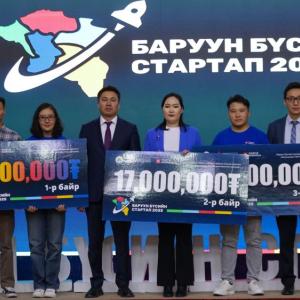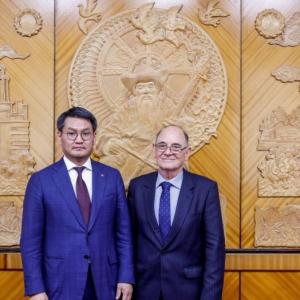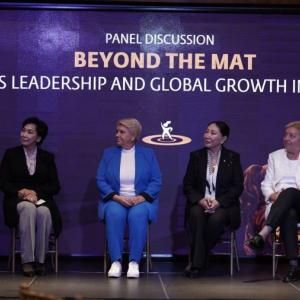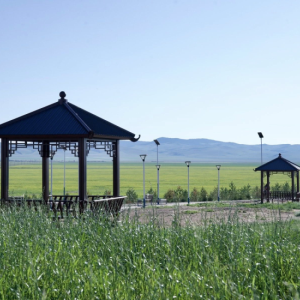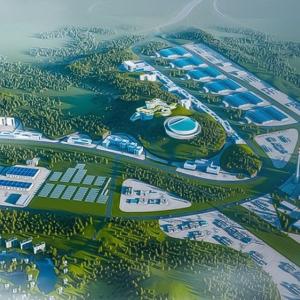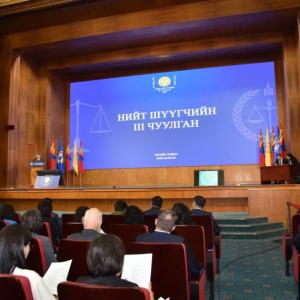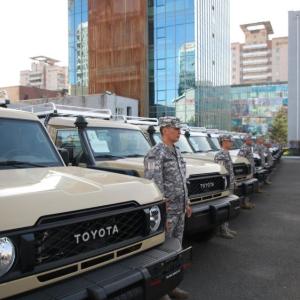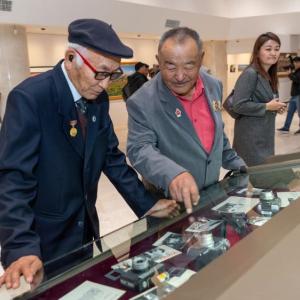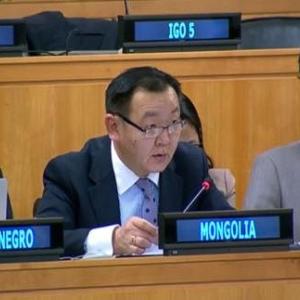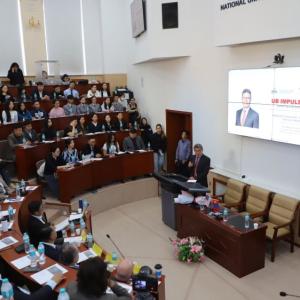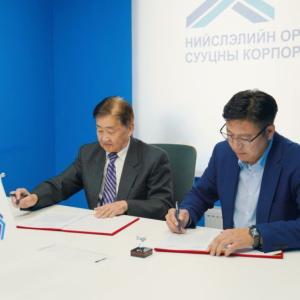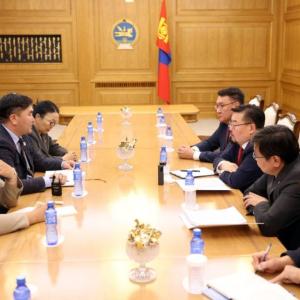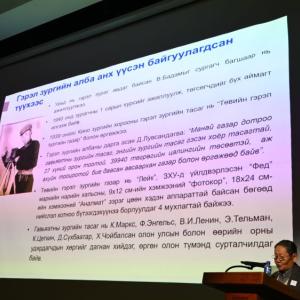Associate school on neuroscience kicks off
Society
Ulaanbaatar /MONTSAME/. The 3rd International Brain Research Organization – Asia/Pacific Regional Committee (IBRO-APRC) Ulaanbaatar Associate School on Basic Techniques in Neurosciences kicked off yesterday, August 10, at Mongolian National University of Medical Sciences (MNUMS) in Ulaanbaatar, Mongolia.
The 4-day associate school is being held virtually with the participation of about 20 foreign and Mongolian graduate students in brain science from the countries of the Asian-Pacific region. The associate school is covering a wide range of activities and topics including, “Stress-related Disorders”, “Cell Viability Assay”, “Neuroinflammation”, “Neural Cell Signaling”, “Cell Culture”, “Stereotaxic Surgery and Tracing”, etc.
In her address delivered at the opening ceremony, Director of MNUMS, Dr. Prof. J.Tsolmon said, “Brain science is the foundation of disciplines, including neuroscience, neurosurgery, neuroimaging, psychiatry, and psychology. The associate school is one of the activities aimed at developing brain science in Mongolia. It is being co-organized by the International Brain Research Organization (IBRO), Mongolian Neuroscience Society (MNS) and Mongolian National University of Medical Sciences (MNUMS) in order to train future generations of scientists, increase their involvement in research and exchange knowledge and experience with international scientists. As a result of the development of brain science, fields such as artificial intelligence, biotechnology and genetic engineering are rapidly developing."

Director of the Brain
Science Institute of MNUMS Dr. L.Battuvshin: “the Brain Science
Institute was established in 2019 in aims to develop brain science in Mongolia,
train national specialists, organize training, and conduct basic and clinical
research. The participants in the associate school will be provided with the
knowledge and technical skills on the basic methods used in brain science and studying
animal psychological features, so forth. We are currently conducting basic
research on obesity and temperature sensitivity. A research team has been set
up to analyze stress in detail using strain gauge to determine whether it is a
symptom of mental or physical illness. With the establishment of the Brain
Science Institute, we need to train our next generation of scientists in this
field. We have been sending our scientists to countries with which we have
regular cooperation. As of today, there are 12 specialists in brain science in
Mongolia.”

Lecturer at the
MNUMS, Coordinator of the associate school Dr. E.Tumenjin: “Brain science
requires many basic research methods. One of them is cell culture. Cells are
extracted from human and animal bodies and grown outside their natural environment
or laboratory environment for the use of diagnosis, treatment and testing. It
is more efficient, cost-effective and accurate to use this method than using
the whole organism for a single experiment. In recent years, cell culture has
started to be used in Mongolia. The biggest problem is the investment as the
medical research costs a lot of money.”
The principles of the 3Rs is used internationally for animals in testing. The 3Rs stand for Replacement (methods which avoid or replace the use of animals in research), Reduction (methods that enable researchers to obtain comparable levels of information from fewer animals, or to obtain more information from the same number of animals.) and Refinement (methods that alleviate or minimize potential pain, suffering or distress, and enhance animal welfare for the animals used).
World Day for Animals in Laboratories is celebrated on April 24 each year to commemorate the animals used in laboratories. Member of Brain Science Institute Dr. B.Galindev emphasized that there is no legislation but guidelines of the Ministry of Health for animals used in research in Mongolia.
In this regard, the 7th annual meeting of Mongolian Neuroscience, “Multidisciplinary Brain Science - MNS2020” will be organized virtually on August 14-15 with the participation of 17 scientists from 12 countries.
 Ulaanbaatar
Ulaanbaatar









